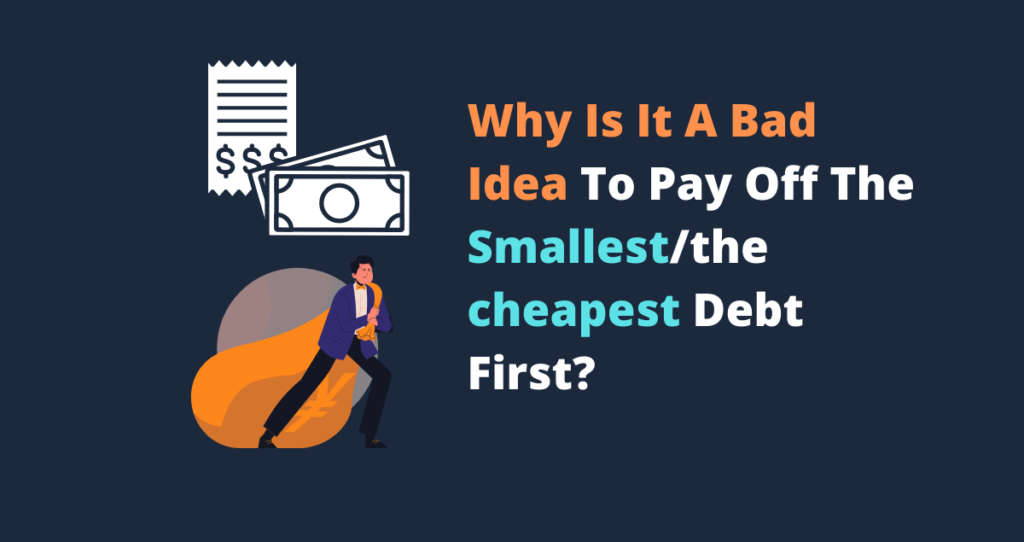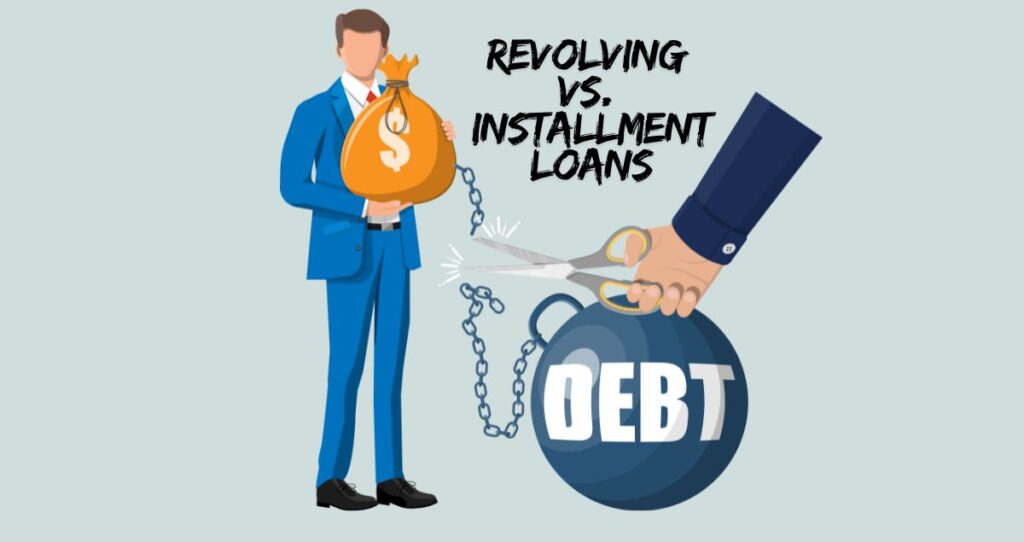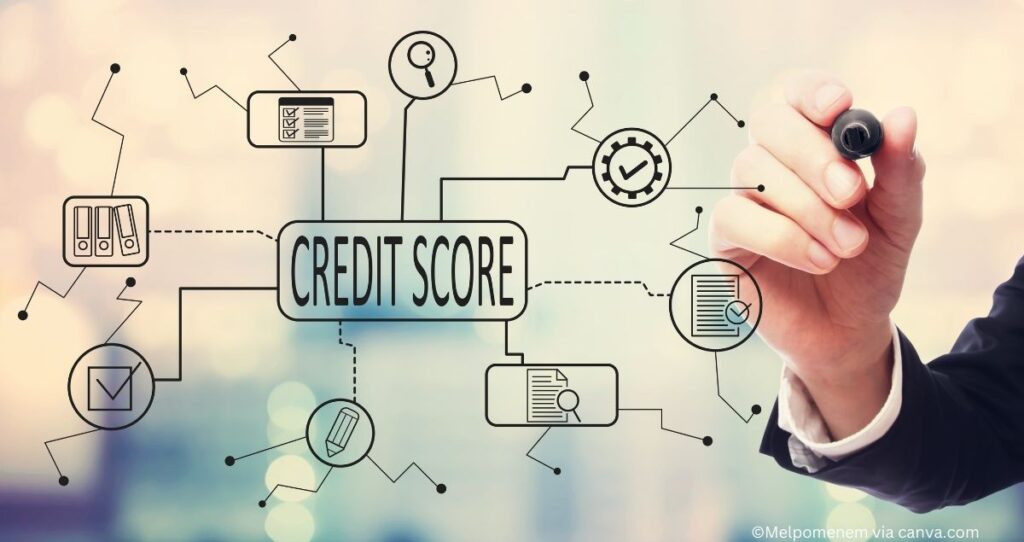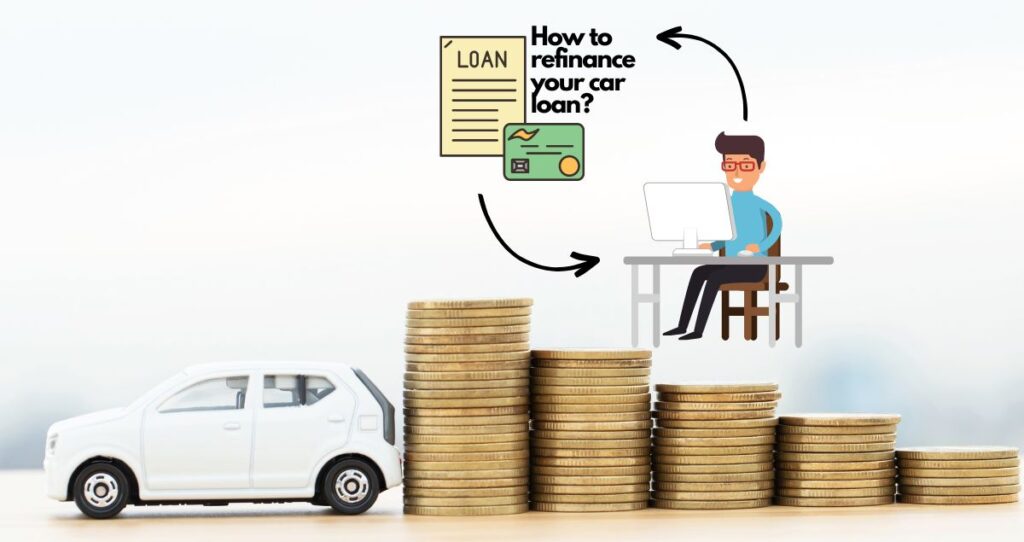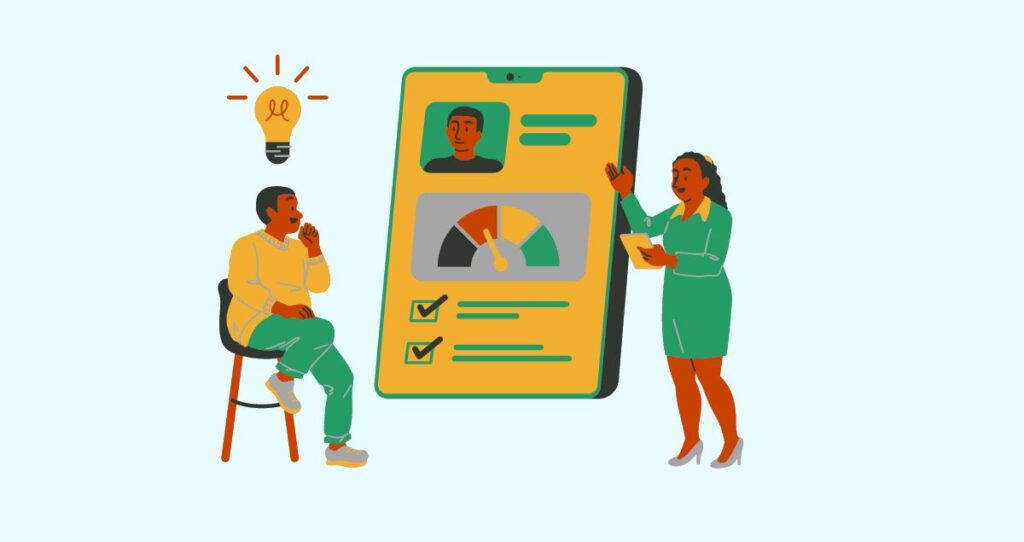Are you a first-time borrower looking to take out a loan? It can be overwhelming when trying to figure out where to even begin. In this post, we will explain how to get a loan with no credit, the steps you need to take in order to qualify for a loan for the first time, and how you can find the best starter loans with the lowest interest rates.
Although some loans do not require a credit check such as Federal student loans, most loans check your creditworthiness. The loan industry evolves on the idea that you (the borrower) can repay the principal, interest, and applicable fees. Lenders use your past performance with credit accounts such as payment history to evaluate how risky it is to lend you money. Being new to credit means that you have not established enough credit history to help the lender make fact-based lending conclusions.
This does not mean you cannot take out a loan with no credit history. You simply need to approach your loan application processes the right way and use the right strategy. This article will walk you through the process of getting a loan with no credit and how to get approved and lock in a lower interest rate.
Basics of borrowing money, especially for the first time
When you’re ready to start borrowing money, the first loan you take out is usually a starter loan. This type of loan is designed to help you get started with credit. But starter loans might come with fewer features, higher rates, and stricter terms. Here’s what you need to know about how to get a loan with no credit, find the best rates, and get the lowest interest rates on your starter loan.
Getting approved for Starter loans vs. other forms of loans
Qualifying for a starter loan is usually easier than qualifying for other types of loans. That’s because lenders know that you’re just starting out and may not have a lot of experience with credit. The most important thing they’ll look at is your income and employment history. They’ll also look at your credit score, but it won’t be as important as it is for other loans.
If you are trying to get a loan with no credit history, it simply means that you have a thin credit file. You have a thin credit file when your credit reports have little to no information. Which makes it harder to judge your loan application solely based on your credit score or credit history alone.
To get the best rates on your starter loan, shop around and compare offers from multiple lenders. Be sure to look at both online and brick-and-mortar lenders. If you have a bank that you have been using for a while, it might be beneficial to start from there. Your history with the bank and the relationship you have built could help you qualify for the loan faster compared to borrowing from a brand-new bank.
Don’t be limited to just banks. You can also get your starter loan from credit unions and online lenders. When comparing offers, pay attention to the interest rate, fees, and terms of the loan.
Have your payments reported to major credit bureaus
One way to get the lowest interest rates on your starter loan is to make sure your payments are reported to the major credit bureaus. This will help build your credit history and improve your credit score over time. For example, if you have one credit card, pay your bills on time and make sure that those payments and account activities are reported to 3 major credit reporting agencies. The lack of credit history might weigh on your credit score. But the fact that you made payments on time and did not violate the terms of your loan proves you could be trusted with the money.
Usually, lenders use your credit score to determine the interest rate on your loan. Since you will not have an established credit history, your credit score will be less relevant in your loan approval process. The lack of a good credit score does not mean you cannot qualify for lower rates.
Ask your lender if they have any discounts or promotions that for new borrowers. For example, many lenders offer introductory rate discounts. If you want to get a loan with no credit, your options will be limited. So, it will make sense to take advantage of these introductory rate discounts and build your credit over time.
Applying for your first loan and making payments
When you’re ready to start looking for your first loan, there are a few things you should know.
- Find the right lender. There are many different types of lenders out there. For this reason, it is important to shop around and compare rates and terms.
- It’s also important to know what type of loan you’re looking for. There are two main types of loans: secured and unsecured. Secured loans are backed by collateral, such as a car or house. Unsecured loans are not backed by anything, so they tend to have higher interest rates. For example, credit cards are a form of unsecured loan.
- Have a job. No lender will give you money if you are not working. The money you are borrowing must be paid back with interest and charges. You cannot make these payments without working somewhere.
- Have a down payment. Although many loans do not require a down payment; a down payment can lower the cost of the loan. Putting money down means that you borrow less money. This translates to lower interest charges and affordable down payment. The more you put down, the more you save in interest charges.
Once you’ve found the right lender, you’ll need to fill out an application. Be sure to include all the required information and be honest about your financial situation. The lender will then pull your credit report and score to determine if you’re a good candidate for the loan. If everything looks good, you’ll be approved for the loan and can start making payments.
Making timely payments on your loan is important to avoid late fees and damage to your credit score. One late payment can lower your credit score by more than 100 points and stay on your credit reports for 7 years.
If you’re ever having trouble making a payment, be sure to contact your lender right away to work out a solution. With some time and effort, you can easily find the best loan for your needs and get started on building your financial future.
Related: How to get approved for a mortgage?
Understanding Your Creditworthiness
When you’re ready to take out your first loan with no credit, there are a few things you need to know in order to get the best deal. First, you need to understand your creditworthiness. This is the metric that lenders will use to determine whether or not you’re a good candidate for a loan and what interest rate they’ll offer you. Some of the factors that help lenders to determine your creditworthiness include:
- Credit score. Your credit score is the most important factor in determining your creditworthiness. This number ranges from 300 to 850, and the higher your score, the better. If you have a good credit score, you’re more likely to be approved for a loan and offered a lower interest rate. To get a free copy of your credit score, first, check with your credit card issuer or use free online sources such as CreditKarma.com. You can also get a free copy of our annual credit reports from each major credit bureau (Equifax, TransUnion, and Experian) once in 12 months. To download your copy, visit AnnualCreditReport.com.
- Your employment history. Your employment history is also taken into account when lenders are determining your creditworthiness. They want to see that you have a steady income, and they’ll often look at how long you’ve been employed at your current job. If you have gaps in employment or are self-employed, it may be more difficult to get approved for a loan. Having a two-year employment history is essential in qualifying for a loan with no credit history.
- Your debt-to-income (DTI) ratio. Lenders will also look at your debt-to-income ratio when considering you for a loan. This is the amount of debt you have compared to your income. To calculate your DTI ratio, divide your monthly debt payment by your monthly gross income. A preferred DTI ratio should be under 28%. But most lenders will approve you for a loan with no credit even if your DTI ratio is 36% or even higher.
- Assets. Finally, lenders need to know if you have other assets, you can fall back on in case your income is no longer reliable. Any assets you own can be liquidated to settle your loan in case you default on your loan or go bankrupt. Assets can include physical assets such as cars, cash, house, boat, etc. Assets can also be digital such as stocks, currency, bonds, insurance policies, etc.
How to Qualify for a Loan
Assuming you have a decent credit score, there are a few other things you’ll need to qualify for a loan. Most lenders will require that you have a steady job and income, and some type of collateral. Collateral is something of value that the lender can seize if you default on your loan. For example, if you take out a car loan, the car itself serves as collateral. In other words, the dealership or bank will have a lien on the car until it is fully paid off. Defaulting on your car loan will lead to getting your car taken away to settle the unpaid loan balance.
If you don’t have any collateral to offer, don’t despair. There are still options available to you. You may be able to get a cosigner for your loan, which means someone else agrees to be responsible for your debt if you can’t repay it. Of course, this is a big commitment and should only be considered as a last resort. Having a good cosigner directly impacts your approval rate, the interest on the loan, and the terms of the loan. A good cosigner is someone with an established credit history and a good credit score.
Once you know what kind of loan you need and how much money you want to borrow, it’s time to start shopping around for the best interest rates. It pays to shop around because the difference in interest rates can mean hundreds or even thousands of dollars in savings over the life of your loan.
As I mentioned early, your DTI ratio also plays an important role in your approval rate. Having too much debt means that your income is already stretched. Which implies that you cannot afford to take on more debt.
Types of Starter Loans Available
There are many different types of starter loans available to those with limited or no credit history. The best way to find the right loan for you is to research your options and compare rates and terms.
One option for a starter loan is a secured loan, which uses collateral such as a savings account or piece of property to back the loan. This can be a good option if you have a limited credit history because it shows the lender that you’re willing to put something up as collateral in case you can’t repay the loan. However, it also means that if you default on the loan, you could lose your collateral.
Another option is an unsecured loan, which doesn’t require any collateral. These loans are often easier to qualify for than secured loans, but they typically come with higher interest rates since there’s more risk involved for the lender. If you have good credit, though, you may be able to get a lower rate on an unsecured loan.
You can also get starter loans from some lenders that specialize in loans for people with bad credit or no credit history. These lenders are often willing to work with borrowers who have less-than-perfect credit because they know that these borrowers may have difficulty qualifying for a traditional loan. However, these loans usually come with high-interest rates and fees, so it’s important to compare offers carefully before choosing one.
No matter what type of starter loan you’re looking for, it’s important to compare the rates and features of each loan.
Finding The Best Starter Loan for You
If you’re looking for your first loan, you may be wondering where to find the best starter loans. Fortunately, there are a few things you can do to make sure you get the best deal on your loan.
First, when you’re shopping for a loan, it’s important to compare interest rates. You’ll want to find the loan with the lowest interest rate possible. Keep in mind that the interest rate is not the only factor that determines the cost of your loan. The term of the loan and any fees associated with the loan will also affect its overall cost.
For example, many mortgage providers apply a prepayment penalty on the loan when you pay more than you are supposed to in a given period. This limits you from paying off the loan faster when you need it the most.
Benefits of long-term loans
Once you’ve found a few loans with competitive interest rates, it’s time to compare their terms. Some loans may have shorter terms than others, which could save you money in the long run. However, shorter terms usually come with higher monthly payments. So, be sure to consider your budget before deciding on a loan term. I always recommend finding a lender without a prepayment penalty and signing for a longer term. Then, pay it off as fast as you can.
Having a longer-term means that your loan payments will always be affordable. But the lack of a prepayment penalty means that you can pay it off as fast as you possibly can. If you have a big bonus or cash gift, you can easily allocate it to paying off your mortgage.
Finally, don’t forget to factor in any fees associated with taking out a loan. Origination fees, prepayment penalties, and late payment fees can all add up and increase the cost of your loan. Be sure to ask about these fees before signing any paperwork so there are no surprises down the road.
Don’t forget the closing costs in general. Depending on the loan you are applying for and its amount, closing costs can be small or large. For example, closing costs on a mortgage can be ten times more than a car loan.
Tips for Getting the Lowest Interest Rates when you are new to credit
If you’re looking to get a loan with no credit, there are a few things you can do to make sure you get the best deal possible. Here are some tips for getting the lowest interest rates:
- Shop around and compare rates from different lenders.
- Have a good credit score. The better your credit score is, the lower your interest rate will be.
- Choose a shorter loan term. The shorter the loan term, the lower the interest rate will be.
- Make a larger down payment. The larger your down payment, the lower your interest rate will be.
- Ask for a co-signer. If you have someone with good credit who’s willing to cosign your loan, you’ll likely get a lower interest rate than if you were to go it alone.
- Pay off some of your debts. A lower DTI ratio amplifies your approval rate.
The bottom line
Getting your first loan can be a complicated process. But with the right approach, you can easily qualify for the best starter loan available to you at an affordable interest rate. By taking the time to research different lenders and evaluate their offers, you can make sure that you are getting the most out of your loan and that it fits within your budget. These steps will give you control over what kind of repayment plan is best for you in the long run.

